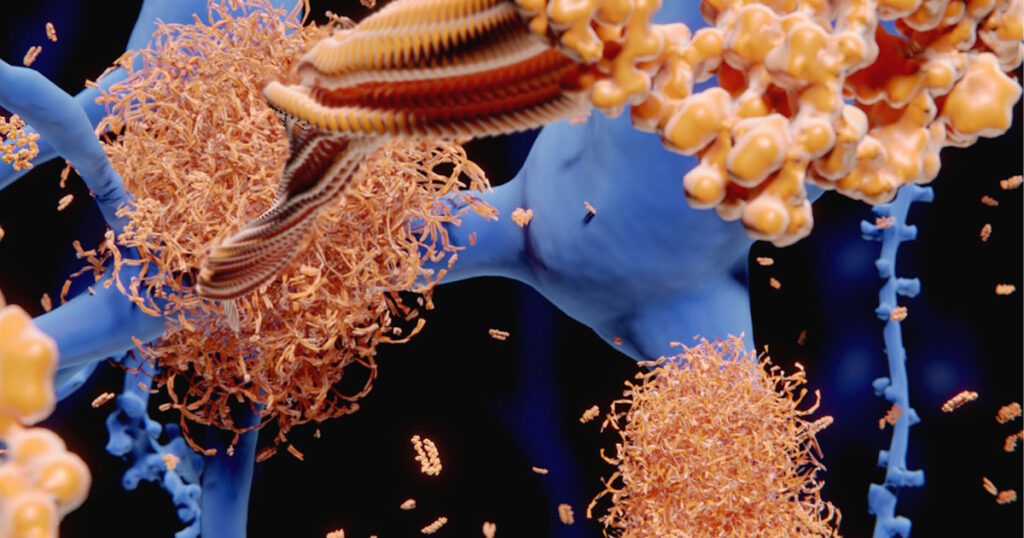Optimizing the benefits of peptide supplementation involves more than just taking peptides; it includes maintaining a balanced diet tailored to support the specific effects of peptides. Here’s a comprehensive guide to aligning your nutrition with peptide use for the best results.
Key Nutritional Strategies When Using Peptides
1. Protein-Rich Foods:
- Importance: Peptides are made from amino acids, the building blocks of proteins. Consuming adequate proteins ensures a supply of amino acids for the synthesis of peptides naturally by the body.
- What to Eat: Include a variety of protein sources such as lean meats, fish, eggs, dairy products, legumes, and nuts. For muscle-building peptides like creatine peptides, focus on protein-rich foods to support muscle repair and growth.
2. Supportive Vitamins and Minerals:
- Antioxidants: Vitamins C and E help protect skin cells from damage, especially when using peptides like collagen for skin health. These vitamins also support the body’s natural collagen production.
- Bone Health: When using peptides that promote bone health, such as calcitonin, ensure adequate intake of Vitamin D and calcium-rich foods like dairy products, leafy greens, and fortified foods.
- Brain Function: With nootropic peptides, which enhance cognitive function, foods rich in Omega-3 fatty acids (e.g., fatty fish like salmon and sardines), B vitamins, and antioxidants are beneficial.
3. Hydration:
- Why It’s Important: Water is essential for overall health and helps maintain the elasticity of the skin, which is crucial when using anti-aging peptides. Proper hydration ensures that nutrients and peptides are efficiently transported to their target sites.
- Recommendation: Drink at least eight 8-ounce glasses of water daily, more if you are active, to help distribute the peptides and facilitate their function effectively.
4. Healthy Fats:
- Benefits: Fats are crucial for absorbing fat-soluble vitamins and supporting cell structure. Using peptides for skin or overall cellular health can be enhanced with the inclusion of healthy fats.
- Sources: Incorporate foods high in unsaturated fats, like avocados, nuts, seeds, and olive oil, into your diet.
5. Complex Carbohydrates:
- Energy Provision: Carbohydrates provide the energy required for synthesizing new proteins and peptides. They are also necessary for the optimal functioning of the brain and muscles.
- Suggested Foods: Choose complex carbohydrates like whole grains, vegetables, and fruits which provide a steady energy release and are packed with nutrients and fiber.
Foods to Avoid
- Sugar and Refined Carbs: These can induce inflammation and negate the anti-inflammatory effects of certain peptides. High sugar intake can also lead to glycation, which damages collagen and elastin in the skin.
- Excessive Alcohol: Limit alcohol as it can impair liver function and disrupt the balance of nutrients, which can hinder the effectiveness of peptides.
Practical Tips
- Consistency is Key: Regular consumption of peptides along with a supportive diet enhances their efficacy.
- Tailor Your Diet: Adjust your diet based on the specific peptides and their purposes. For instance, if using peptides for muscle growth, increase your calorie and protein intake proportionally to support muscle synthesis.
- Monitor Your Health: Keep track of your response to peptides and any dietary changes. Consult with a healthcare provider to adjust your regimen as needed.
Conclusion
Combining peptide supplementation with a thoughtful diet optimized for your specific health goals can greatly enhance the benefits of peptides. By providing the body with the necessary macronutrients and micronutrients, you ensure that the peptides are not only well-supported in their function but are also effectively utilized, leading to optimal results. Remember, a balanced diet is the cornerstone of any supplement strategy, including peptides.
Navigating the world of peptides with the right nutritional background can lead to significant health benefits, so consider this guide as a starting point for integrating peptides into your health regimen effectively.




